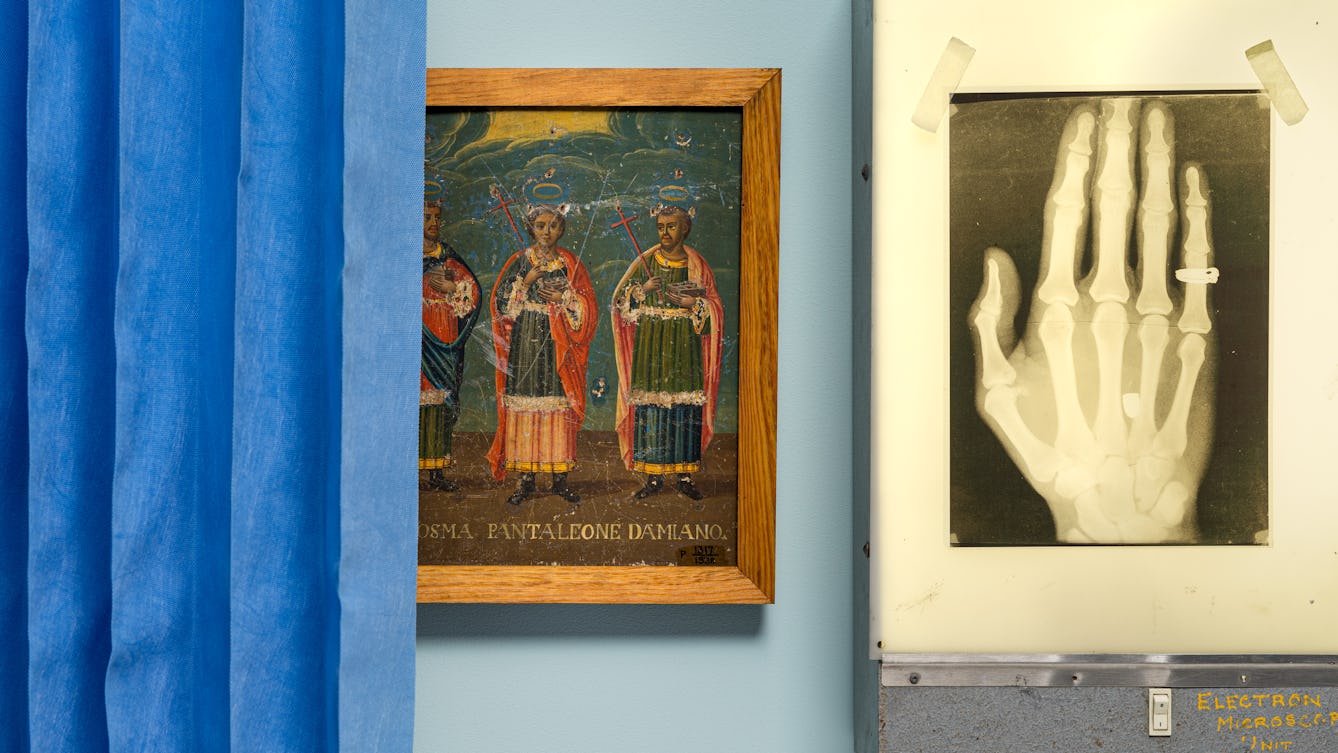
- Article
- Article
The ancient doctors who refused payment
The NHS might only be 70 years old, but the idea of free healthcare goes back to Ancient Greece, when devout doctors provided their services without charge.

- In pictures
- In pictures
The grape cure
When we bring someone in hospital a bunch of grapes, we don't expect the grapes to work a miraculous cure upon them. But throughout history, wondrous healing powers have been attributed to the humble grape.

- Article
- Article
How to be poor and happy
Money, security, self-sufficiency and charitable giving have long been linked to happiness. But what if you’re working class?
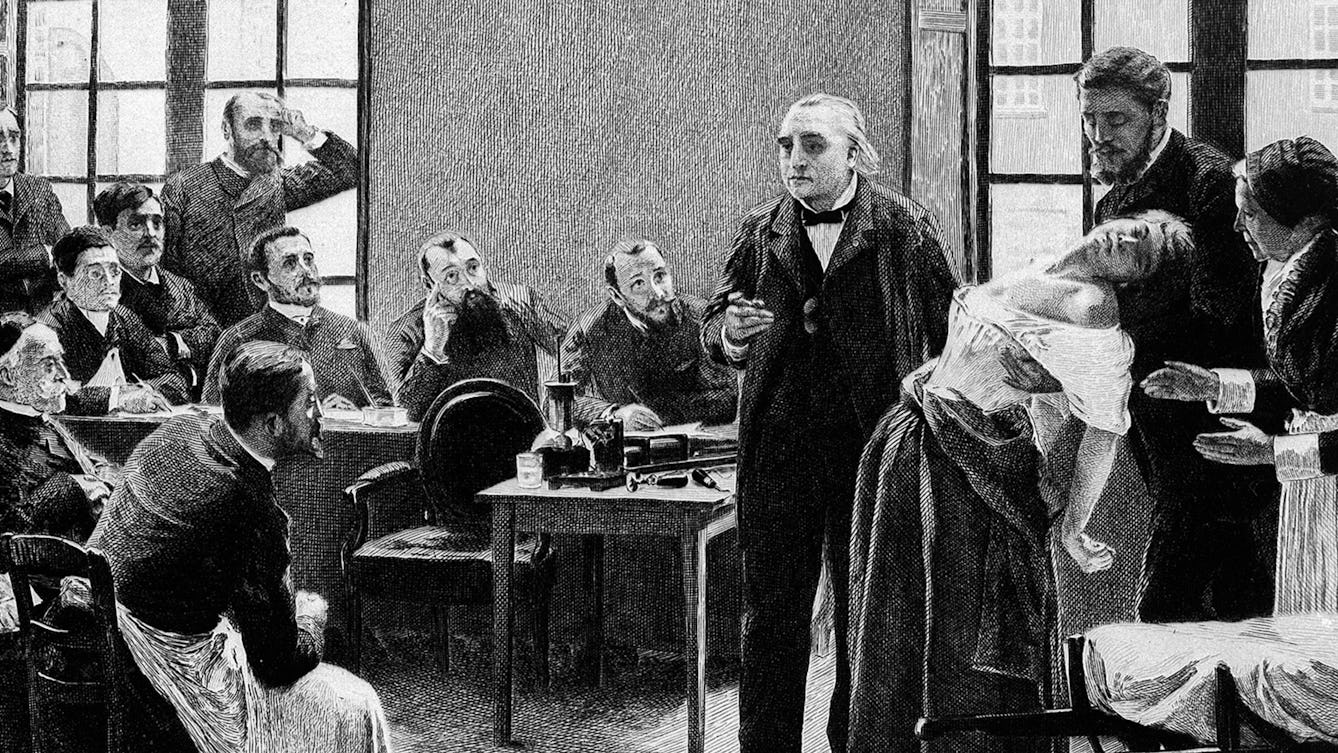
- Article
- Article
What is hysteria?
Hysteria has long been associated with fanciful myths, but its history reveals how it has been used to control women’s behaviour and bodies
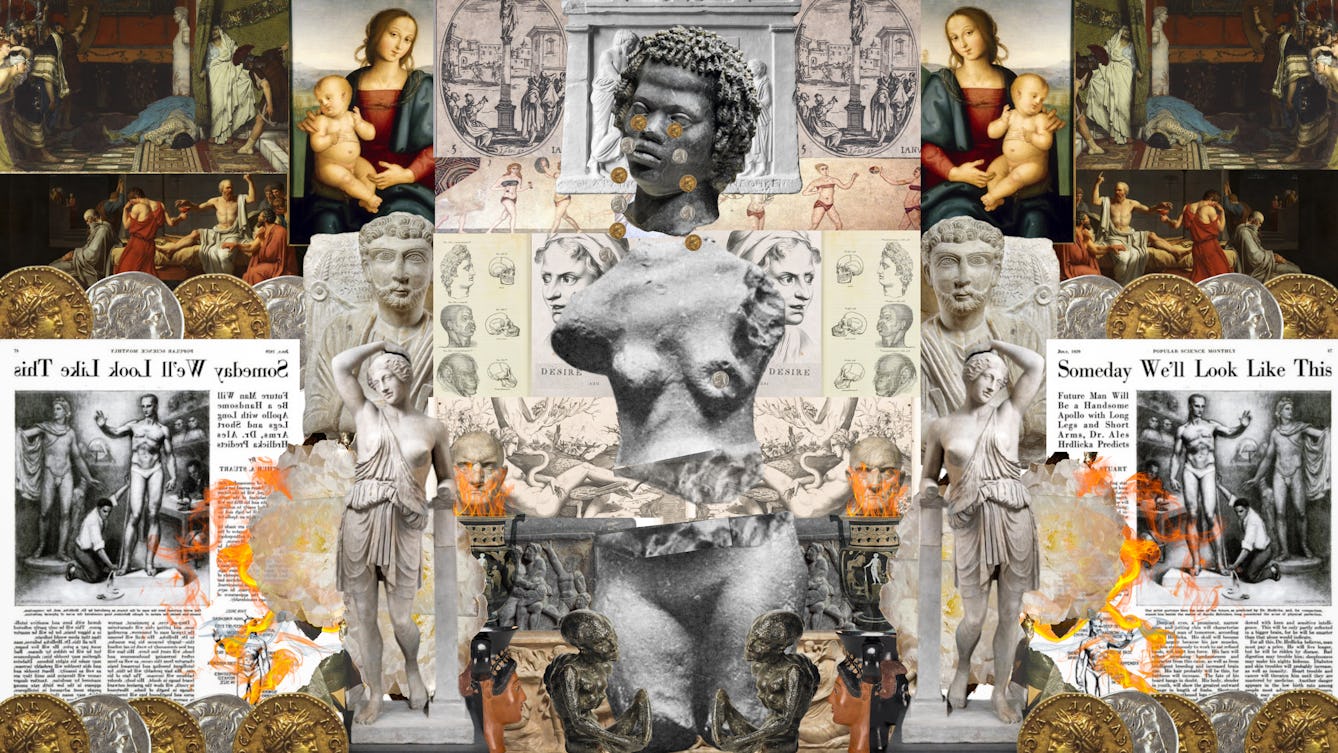
- Book extract
- Book extract
Naked, not nude
Classicist Caroline Vout argues that it’s time to take the dust covers off the Ancient Greeks and Romans, and to encounter their bodies not nude, but naked.

- Article
- Article
Nymphomania and hypersexuality in women and men
The history of nymphomania is closely bound with society's views on women and their sexuality.
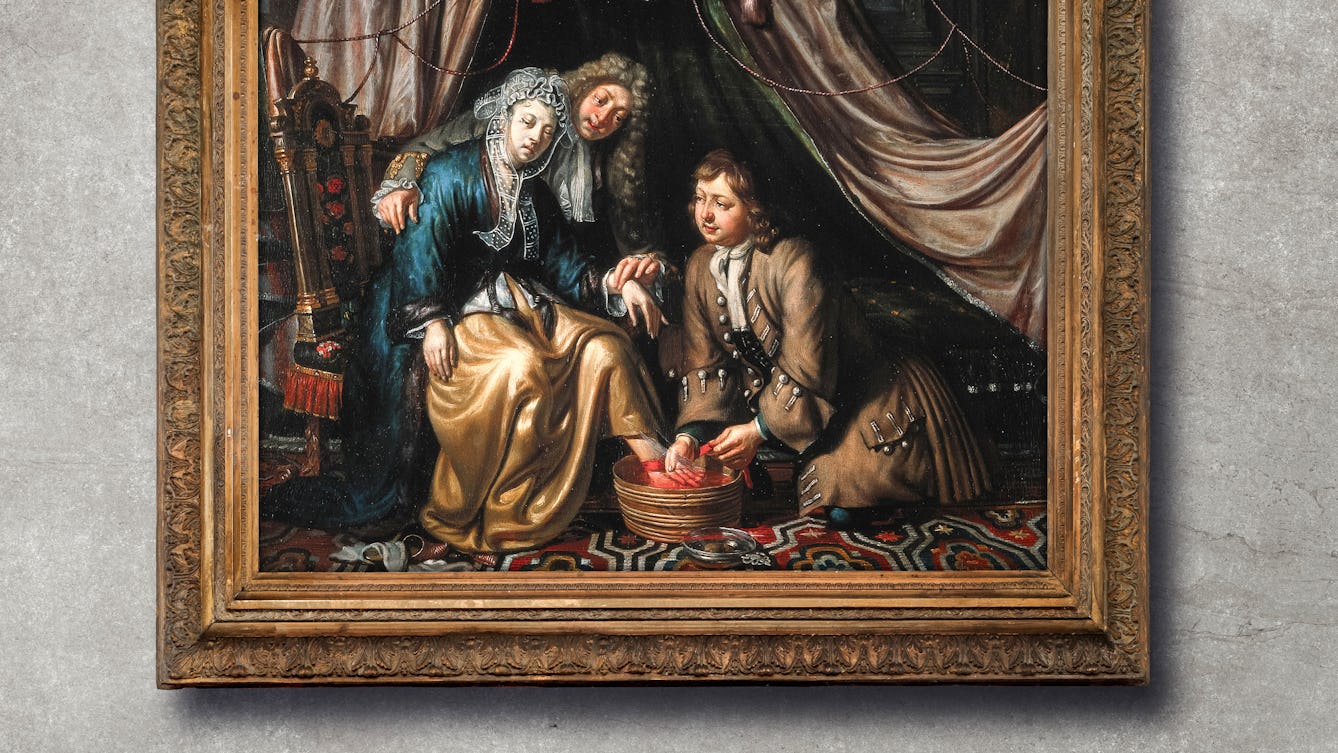
- Article
- Article
Bleeding healthy
For thousands of years, and in many different cultures, people have practised bloodletting for health and medical reasons. Julia Nurse explains where and when bleeding was used, how it was done, and why.

- Book extract
- Book extract
A history of sex for sale
Kate Lister’s cultural history of the sex trade puts sex workers centre stage. In this extract, she argues why the way we write, think and talk about sex work matters.
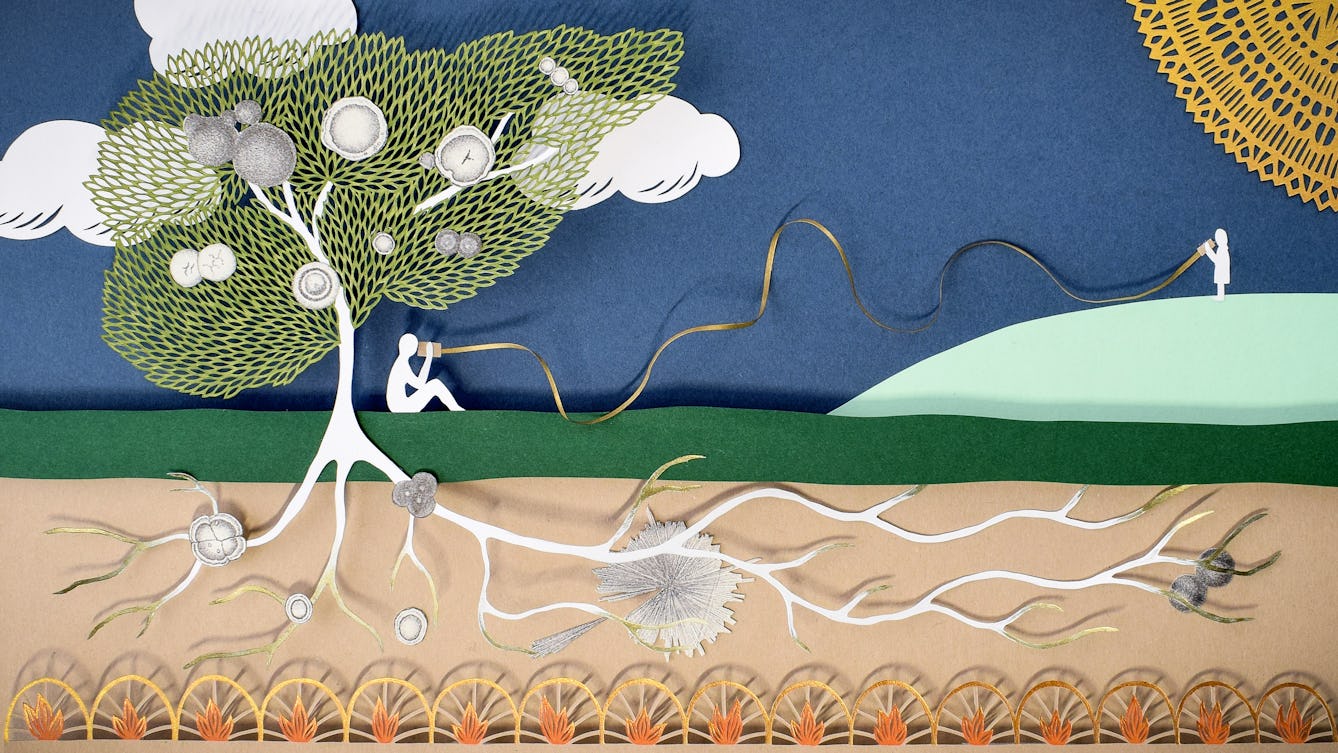
- Article
- Article
The poetic language of health
When his doctors could only offer phone consultations, James Morland turned to poetry to make sense of the medical terms describing his symptoms and test results.
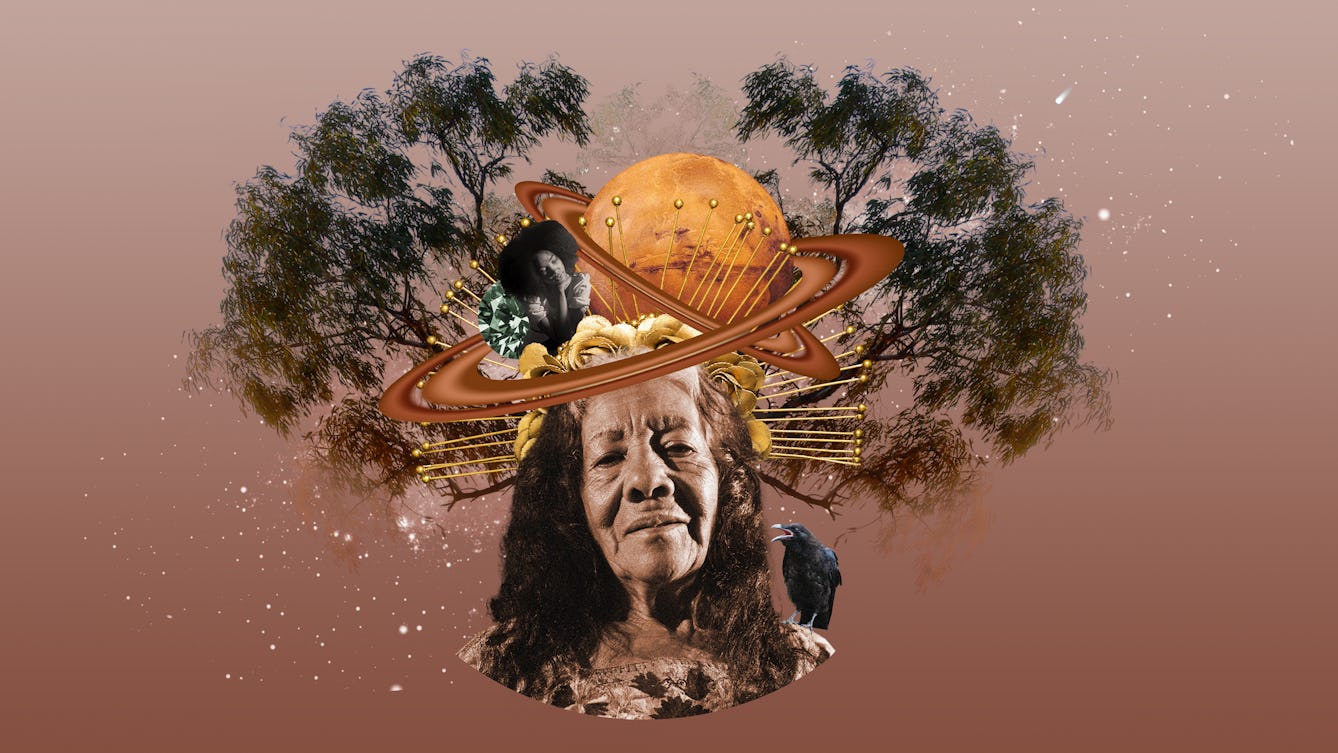
- Article
- Article
Crones
Menopause can be tough when nobody talks about it and all the stereotypes are negative, but it can also be transformative, marking the start of a new stage of life - cronehood.
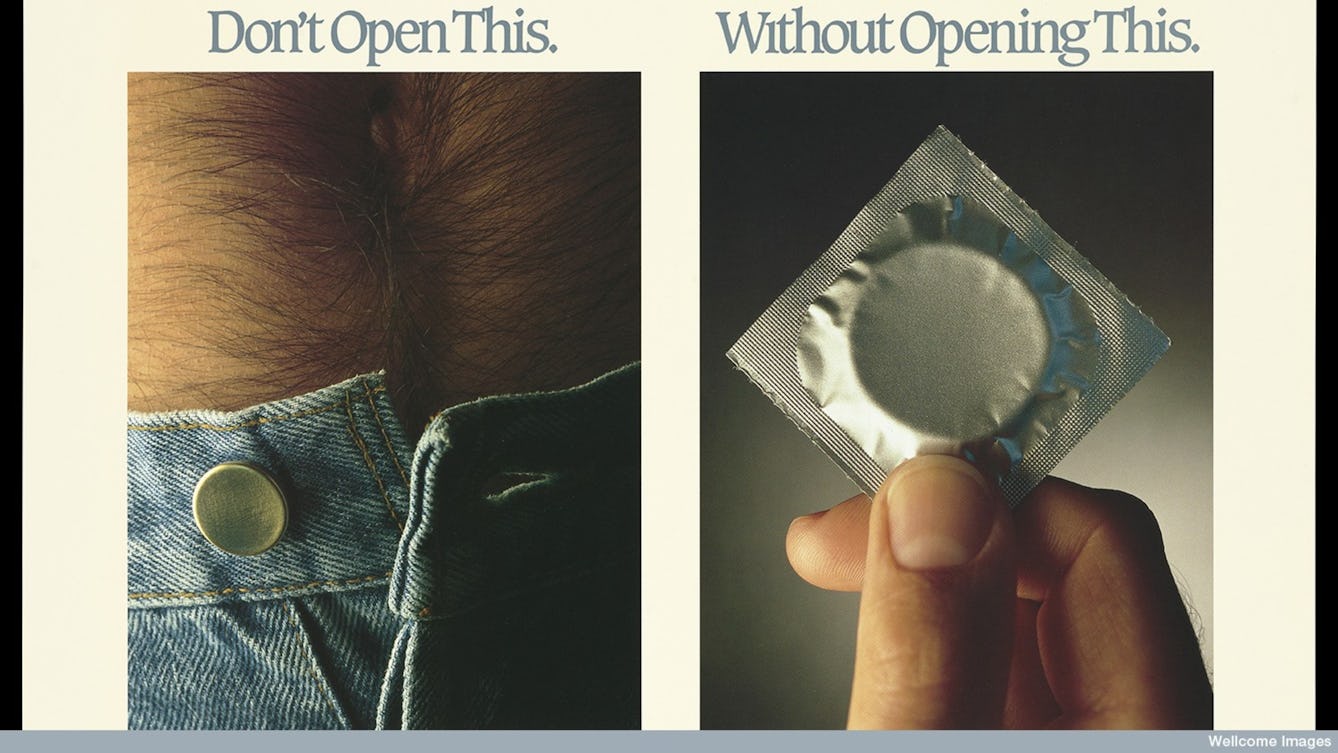
- Article
- Article
History of condoms from animal to rubber
Come on a journey from the first recorded condoms in the 16th century to the modern female condoms in the 1990s – and everything in between.
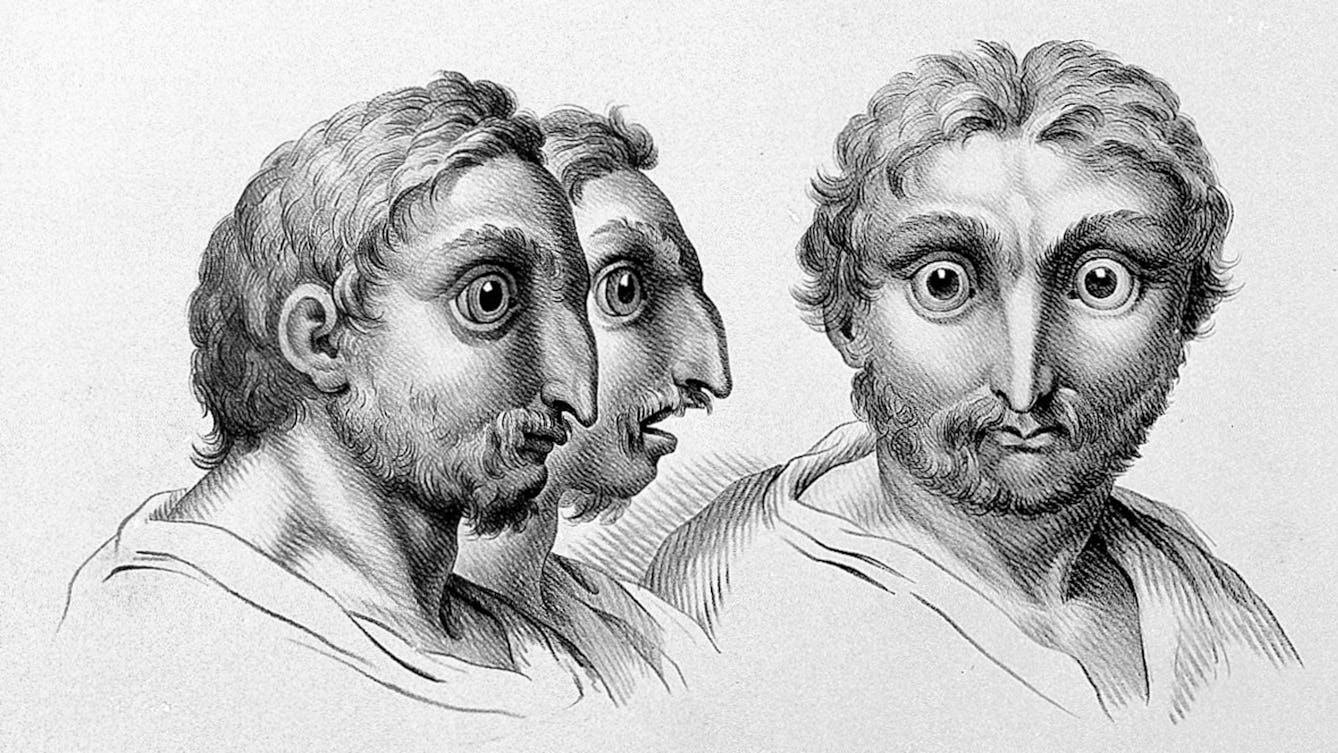
- Article
- Article
Drawing the human animal
We might try to deny our animal instincts, but this series of extraordinary 17th-century drawings suggests they are only too apparent.

- Article
- Article
Shakespeare and the four humours
Blood. Phlegm. Black bile. Yellow bile. The theory of the four humours informed many of Shakespeare's best-known characters, including the phlegmatic Falstaff.

- Article
- Article
Why we need to decolonise the skies
Astronomer Dr Tana Joseph explores how rethinking way we look at the stars could improve our relationship with our own planet and make it a healthier place to live.
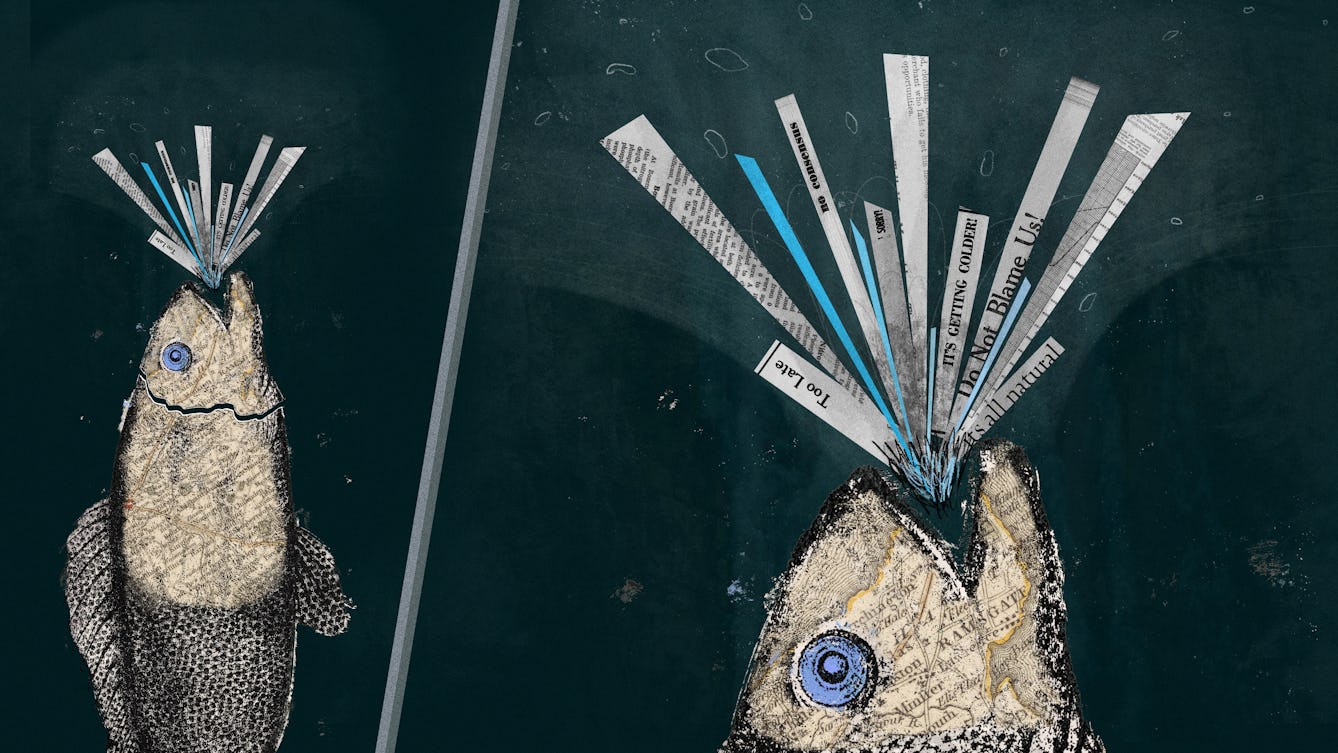
- Article
- Article
Coasting to catastrophe
In climate change, everything – and everyone – is connected. The watery process that will gradually cut off the Isle of Thanet from the British mainland has begun, and everyone in the UK needs to pay attention.

- Book extract
- Book extract
You, a thousand years ago
Jack Hartnell argues that, if we were transported into the medieval past, we’d find ourselves somewhere different yet strangely familiar.